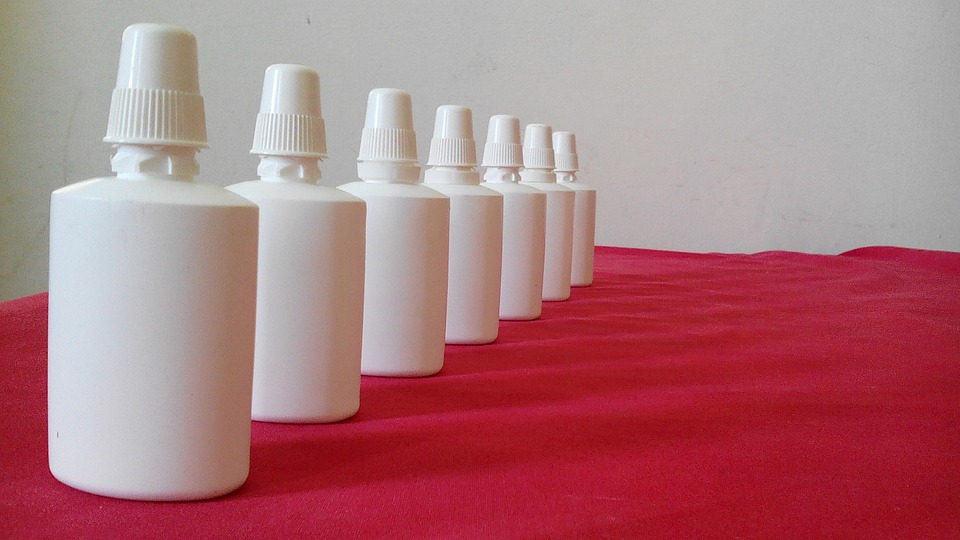
Glenmark Pharmaceuticals reports positive results from a Phase 3 trial of GSP 301, mometasone/olopatadine fixed-dose combination nasal spray, in seasonal allergic rhinitis.
Glenmark Pharmaceuticals, a global pharmaceutical company, today announced positive results for GSP 301, an investigational fixed-dose combination of mometasone furoate (25 mcg) and olopatadine hydrochloride (665 mcg) administered twice-daily as a nasal spray being studied for the treatment of seasonal allergic rhinitis. These results are from a recently completed Phase 3 trial assessing the efficacy and safety of GSP 301 combination therapy versus mometasone, olopatadine or placebo.
“We continue to advance our respiratory pipeline and are pleased to report positive results of GSP 301 in seasonal allergic rhinitis,” said Fred Grossman, D.O., President and Chief Medical Officer at Glenmark Pharmaceuticals. “The number of people affected by seasonal allergic rhinitis is steadily growing, and there are limited FDA-approved combination treatments,1 therefore there is a need for additional, potentially effective treatment options.”
This Phase 3, U.S.-based trial was a four-arm, double-blind, randomized, parallel group, active and placebo-controlled study that enrolled 1,176 adults and adolescents 12 years of age and older for 14-days of twice daily treatment with GSP 301, mometasone (a corticosteroid), olopatadine (a histamine H1-receptor agonist) or placebo. All trial arms utilized the same vehicle and nasal spray delivery system. The primary endpoint was change from baseline in average morning and evening patient-reported 12-hour reflective Total Nasal Symptom Score (rTNSS). Secondary endpoints include safety and tolerability.
In the trial treatment with GSP 301 demonstrated statistically significant and clinically meaningful improvement from baseline in average morning and evening patient-reported rTNSS, compared to placebo (p <0.001), olopatadine (p=0.028), and mometasone (p=0.019). All investigational treatments administered in the trial were well-tolerated, and showed no meaningful differences in reported adverse events (AEs) across study arms. The most common AE occurring in at least 2 percent of patients was dysgeusia.
Data from this trial have not yet been published. Glenmark will be submitting these data for presentation at upcoming scientific meetings and publication in a peer-reviewed journal.
(Source: PR Newswire)
Filed Under: Drug Discovery




